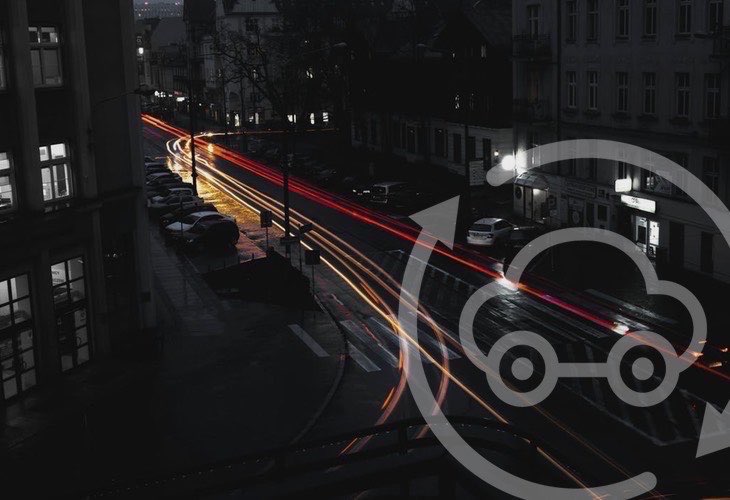Renting a car in Croatia is an excellent way to explore the country's stunning landscapes and vibrant cities. However, to ensure a safe and enjoyable journey, familiarize yourself with Croatia's traffic rules.
Traffic Rules in Croatia
- Driving in Croatia takes place on the right side of the road.
- Seat belts are mandatory for all passengers, and using mobile phones while driving is prohibited unless you're using a hands-free device.
- Children under 12 years old or shorter than 150 cm (4 ft 11 in) must use appropriate child seats, and children under 5 years old are not allowed to sit in the front seat.
- Headlights must be used during both daytime and nighttime from the last Sunday in October until the last Sunday in March. From April to October, they're only required during poor visibility conditions.
- Croatia has a zero-tolerance policy for alcohol consumption, with a maximum allowed blood alcohol content (BAC) of 0.05% for drivers with more than two years of experience and 0.00% for novice drivers.
- Pay close attention to traffic signs, as Croatia has some unique ones like the "end of priority road" sign, which indicates that you must yield to traffic coming from the right.
Speed Limits in Croatia
In Croatia, speed limits are designated in kilometers per hour (km/h) and vary depending on the type of road:
- Urban areas: 50 km/h (31 mph)
- Non-urban roads: 90 km/h (56 mph)
- Expressways: 110 km/h (68 mph)
- Motorways: 130 km/h (81 mph)
Fines in Croatia
Fines for traffic violations in Croatia are typically paid in local currency (Croatian Kuna, HRK) and can be converted to EUR:
- Speeding: HRK 300 to 15,000 (€40 to €2,000), depending on the severity
- Not wearing a seat belt: HRK 500 (€67)
- Using a mobile phone while driving: HRK 500 (€67)
- Parking violations: HRK 100 to 700 (€13 to €93)
- Running a red light: HRK 2,000 (€267)
- Drunk driving: HRK 1,000 to 15,000 (€133 to €2,000), depending on BAC level
- Children without child seats: HRK 500 (€67)
Fines can be paid on the spot to the police officer or within eight days at any post office or bank in Croatia.
Road Police in Croatia
Croatia uses traffic cameras to monitor speed limits and other traffic violations. Road police are also present on the roads, particularly on motorways and popular tourist routes. If stopped by police, remain calm and polite, provide the necessary documents, and pay any fines promptly. In case of an accident, call the police at 112 for assistance.






